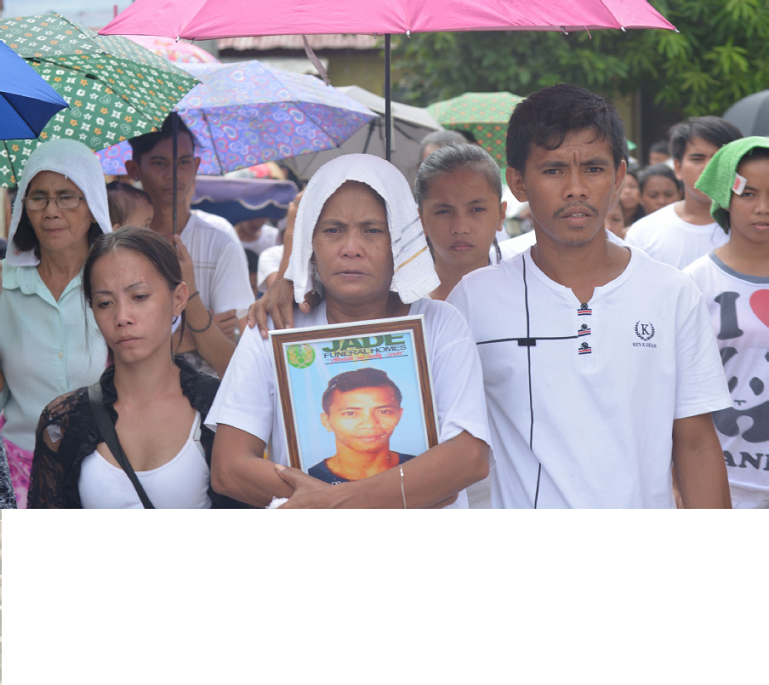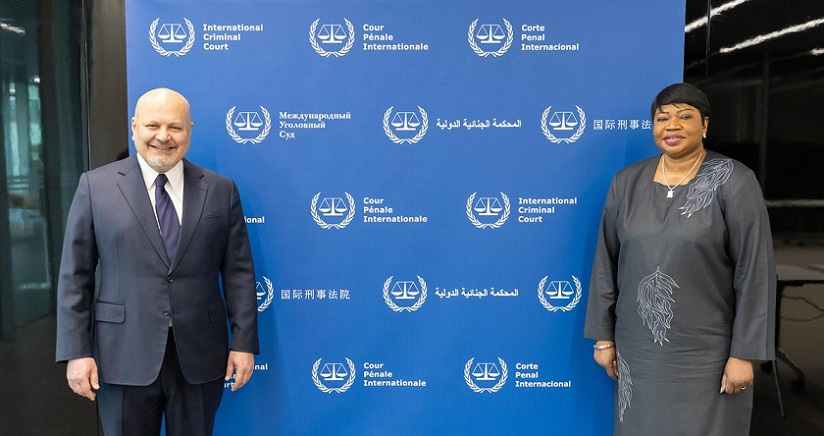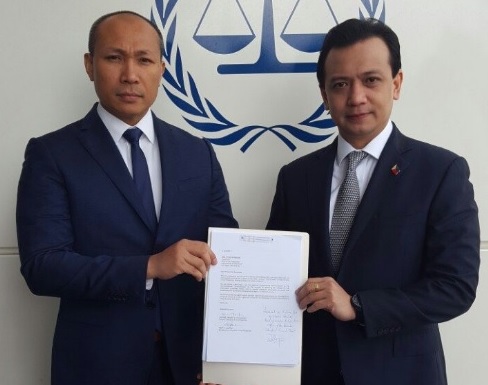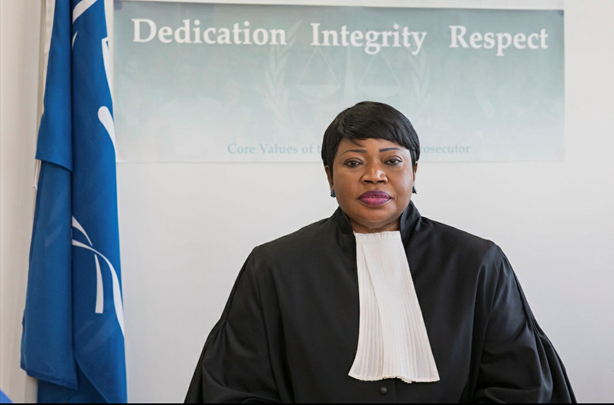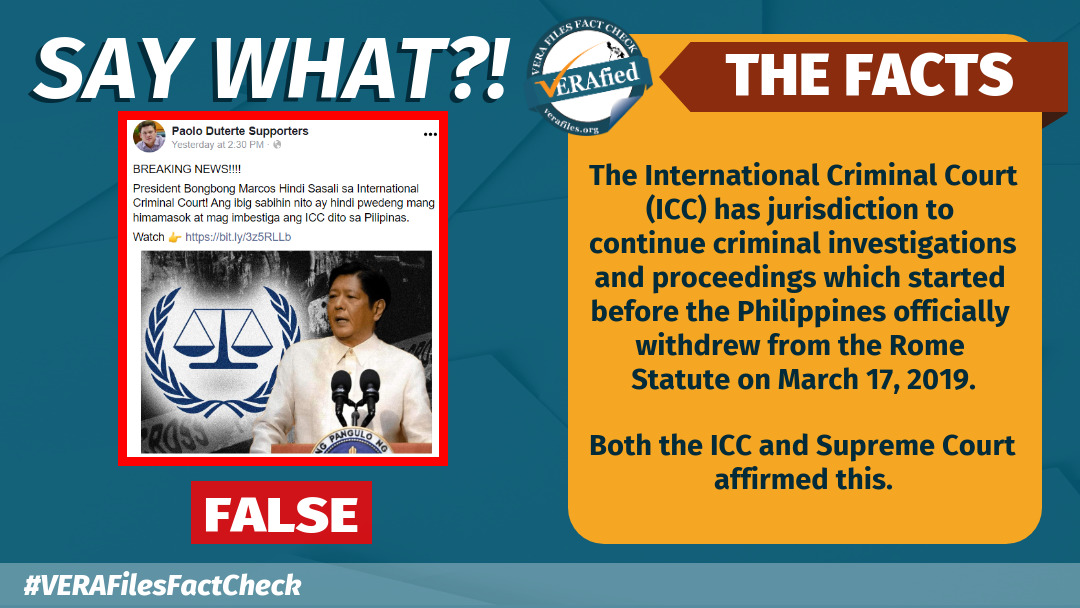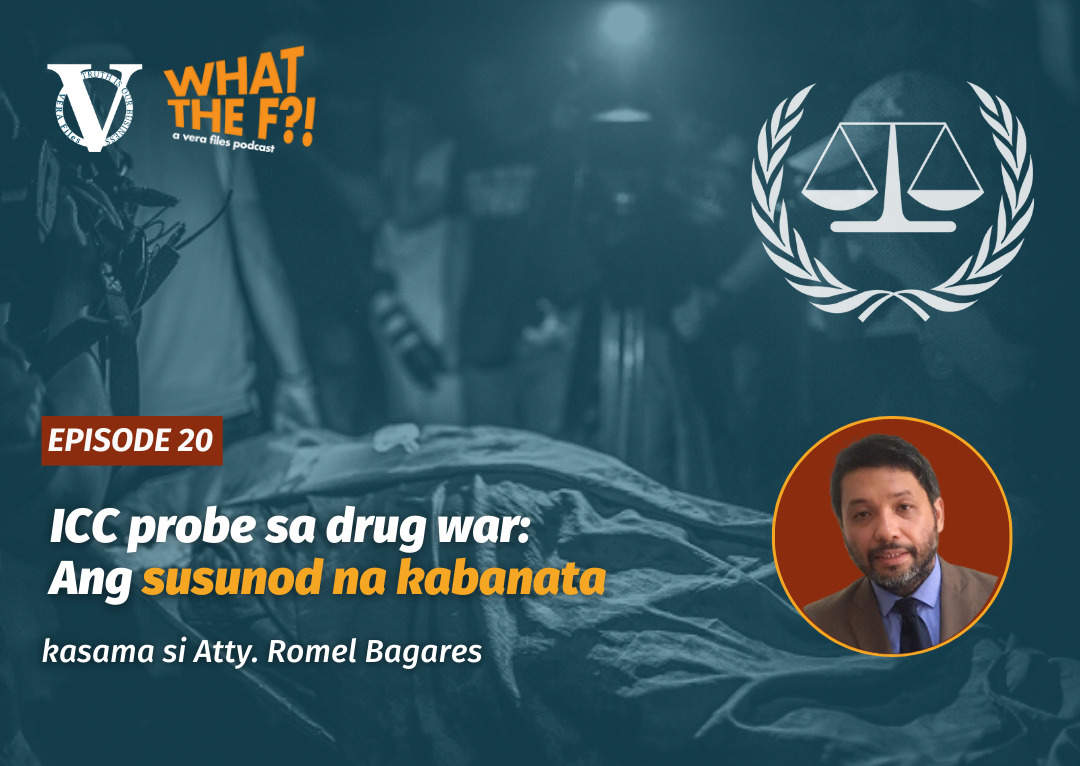Mrs. Rodriguez (not her real name), makes a living by cutting rubber slippers by hand. One midnight, as she ended her work day, she asked her son to buy her food. She fell asleep, waiting for the son that never returned. What neither mother nor son realized was that would be the last time they would see each other.
The next morning, Mrs. Rodriguez went out and met a neighbor who told her the police had taken her son along with a few others during an ‘anti-tambay’ operation. She looked for him in the police station, in nearby hospitals, and in the barangay hall, but to no avail.
A security guard in a nearby hospital told her that he saw a young man fitting her son’s description. This young man was brought to the hospital by a police patrol, the security guard said. He told her to look for her son in a funeral parlor known to take in the remains of those killed in police operations.
There, after 14 hours of frantic search, she found her son’s lifeless body in the morgue.
The case of Mrs Rodriguez’ son is one of the stories documented by the Philippine Human Rights Information Center (PhilRights), a non-government organization that works to raise public awareness and understanding of human rights conditions, issues and mechanisms.
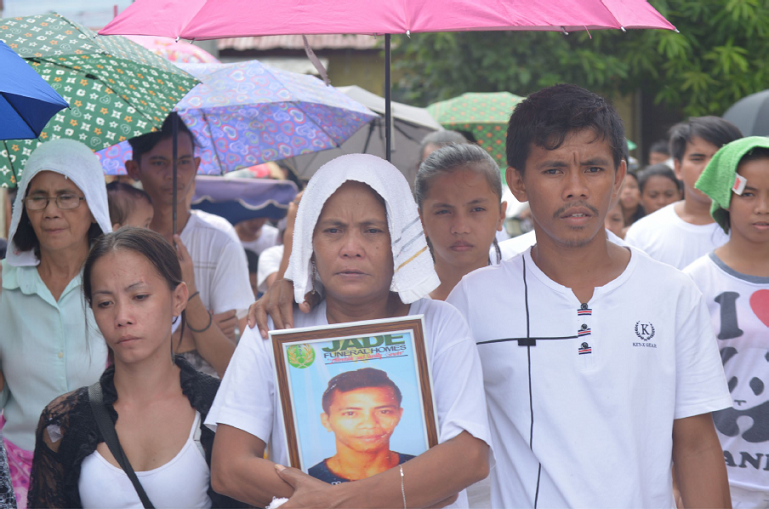
Photo by PhilRights
The study, documenting 58 cases of extra-judicial killings in Metro Manila, Bulacan and Rizal over a period of one year, was presented during a forum Sept 12 in Quezon City.
Of the 58 victims, most are male adults within the productive age range, primary breadwinners, low and irregular-wage earners from the informal sector of the economy, of low educational attainment, and residents of urban poor communities, according to the study.
After their deaths, the burden of taking up the income-producing role fell to their widows and elderly mothers.
In the case of Mrs. Rodriguez, whose earnings are way below the minimum wage, she had no means to afford the Php 50,000 fee charged by the funeral parlor. She set aside as payment the daily abuloy or small monetary offerings of visitors to her son’s wake.
Almost four weeks into the wake, and after much begging by Mrs. Rodriguez and her family, the funeral parlor agreed to complete the service even though they had not completely paid for the service. On the day of the burial, the funeral parlor people did not show up, and refused to send out the hearse, insisting that the family comply with all their financial obligations.
Mrs. Rodriguez’s case is not isolated. Many families who lost their breadwinners learned how to cope the hard way. They had to learn to support themselves financially.
At least half of the widows and elderly women left behind resorted to unregulated below-minimum wage employment, the study said. A few turned to sex work, according to family members.
The limited employment opportunities are typically due to the women’s low-educational background, and lack of work experience as most of them were limited and restricted to household chores before the death of the male financial provider, the study showed.
One canteen helper would work for almost 12 hours, earning an average of 150 pesos a day. Meanwhile, most of the elderly women who resorted to accepting laundry work showed a decline in physical well-being that further affected their capacity to take on the work.
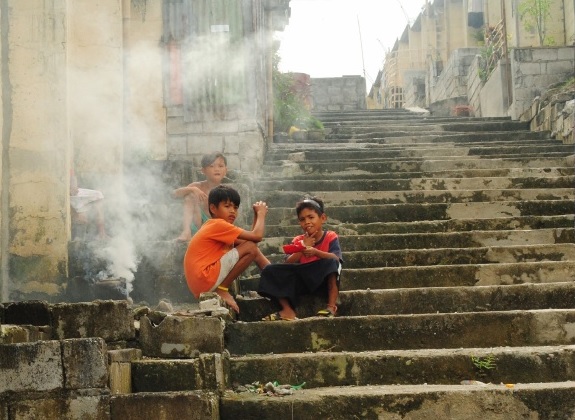
Photo by PhilRights
Poor victimized twice
The sudden burden of the additional tasks and loss of a loved one is evidence that the Duterte government’s war on drugs victimizes the poor twice, according to PhilRights.
“To start with, these people (the victims of the war on drugs) are already poor and marginalized, and because of the war on drugs, their economic and social conditions have worsened,” said PhilRights executive director Nymia Pimentel-Simbulan.
Virginia Lacsa-Suarez, Chairperson of PhilRights, said although the study was limited to 58 cases, it doesn’t mean only 58 were affected. “There were also 58 families who were affected,” she pointed out.
Simbulan said the surviving members of the families of the victims, particularly the wives, “bear the responsibilities their partners left to them.”
“Others had to leave their community for safer grounds because of severe trauma and fear after the incident. Many of the families were not able to receive counseling and other psycho-social services, especially the mothers, because they had to look over the safety of their children,” she explained.
“During the wake, some community members, friends, even relatives, would not visit out of fear of association with those killed for alleged involvement of the drug trade.” she further said.
Two of the victims’ family members present in the forum aired grievances about the injustice of the killings.
Lailani (not her real name), related that her son does not have a police record. “He was not involved in drugs, not even smoking,” she said in Pilipino.
Information gathered by the family from several sources stated her son died during a police operation somewhere in Quezon City. The family found out their son died the morning after a friend mentioned that he had hung out with someone who was killed the night before. This occurred one day last July, at the height of the government’s crackdown on loiterers.
“One thing that confuses me is the crime scene,” Lailani said. “My son was still breathing for three hours (after the incident.) Instead of loading him in an ambulance; they drove him in a patrol car. He was near the Capitol, but they brought him to East Avenue,” she related.
Sarah (not her real name) has the same lament. Her son was approached by a police officer and was arrested on the spot. A friend who was with her son ran to the family to tell them of his arrest. He was allegedly entrapped in a buy-bust operation in Quezon City. Sarah was puzzled why the body of her dead son was found far from where he was arrested.
“I hope this kind of killings would stop, and those who were killed will be given justice,” Lailani said in Pilipino.
Simbulan said state agents have perpetrated many of the killings in the anti-drug war.
“There are trumped-up charges against people who are openly criticizing government policies, then you have the use of bribery, rewards, and tokenism. People of the uniform sector are rewarded. A definite example is an increase in salary for the armed forces. The President has promised that the government will not run after them if ever they get involved in killings involved in the context in the war on drugs,” she said.
“Instead of the government making war against poverty, it is making a war against the poor.”
Human rights defenders as enemies
Simbulan criticized the Duterte government’s attitude of labeling human rights defenders and media as enemies of the state.
“As far as the government is concerned, one enemy would be human rights defenders, people who are actively defending and promoting the rights of people who have been victimized by the war on drugs,”
“This is one government that strongly abhors criticism and opposition,” she added.
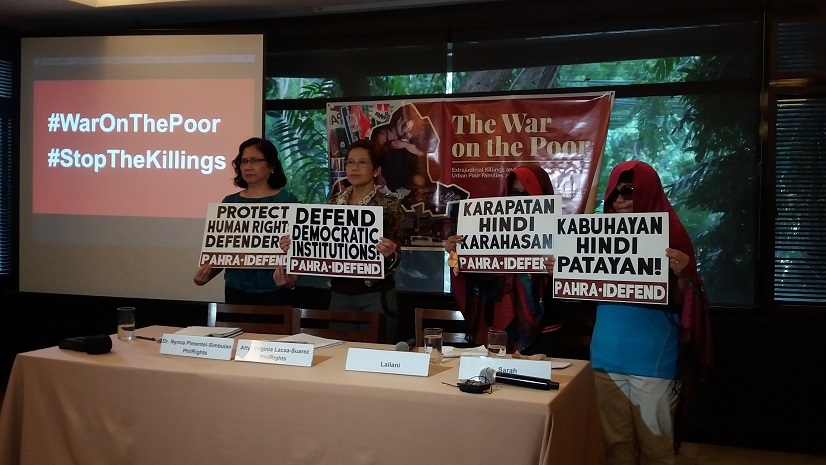
Two family members of victims of Duterte’s war on drugs relate their sad stories in a press conference organized by PhilRights. Photo by Klaire Ting.
“A very good example would be de Lima, Sereno, and recently, Trillanes,” she said, referring to Duterte’s fiercest critics Senator Leila de Lima who is in jail on drug charges, ousted Supreme Court Chief Justice Maria Lourdes Sereno, and opposition senator Antonio Trillanes IV whose amnesty was ordered revoked by the president.
“Then you have terrorist-tagging of human rights defenders in the case of the four former members of the House of Representatives,” said Simbulan. The four leftist leaders were ordered arrested in July over a case filed against them more than a decade ago.
Suarez said the purpose of the study and the forum was to raise awareness generally, “We want this documentation to be disseminated because we are trying to fight the normalization of killings, the numbness of society. No matter how many times we call for human rights, all efforts will be useless if your basic rights are removed.”
